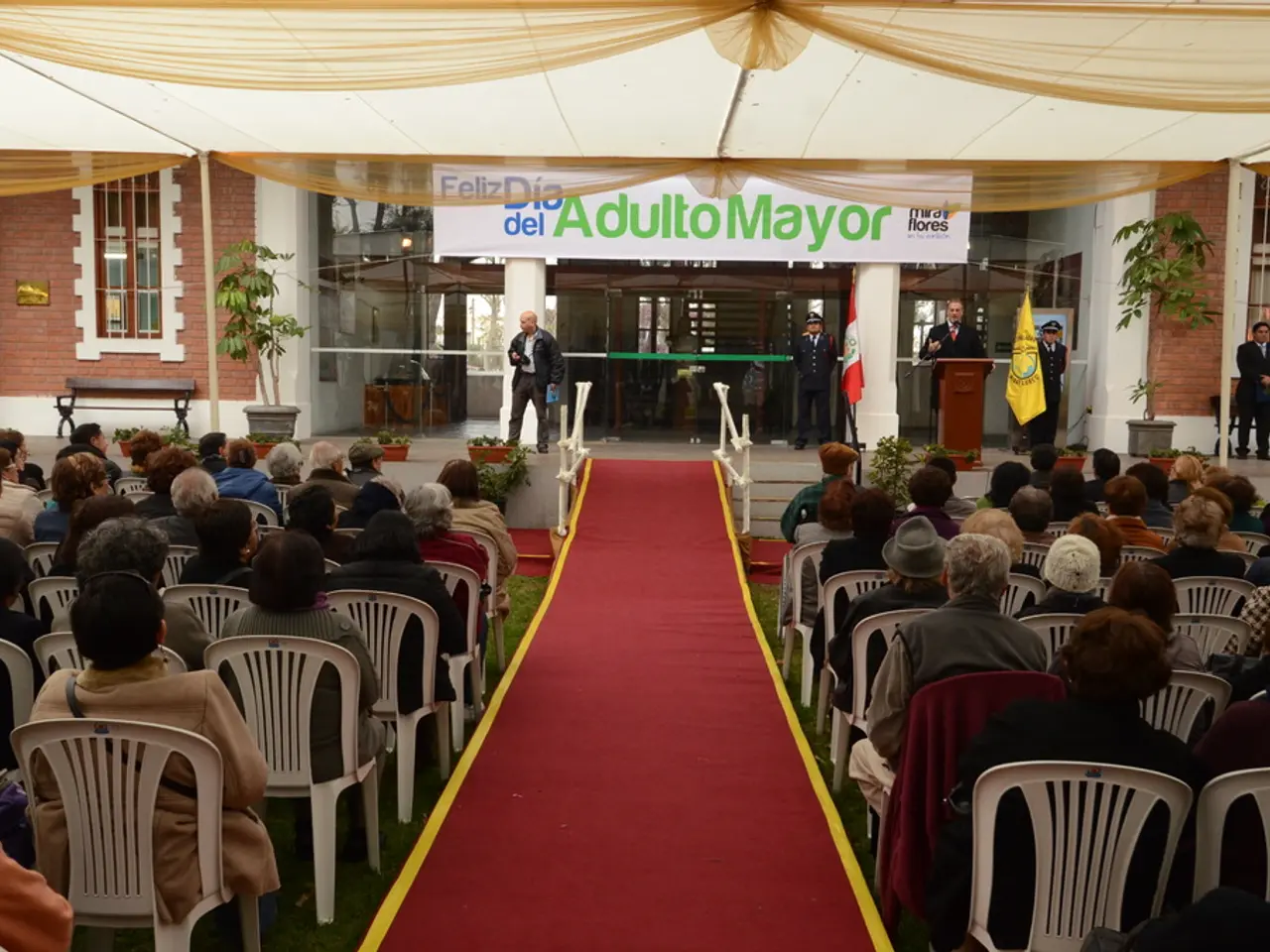Corruption within Democratic Governance
**Democracy and Corruption: A Complex Relationship**
In a world where democracy is often hailed as the beacon of transparency and accountability, it is paradoxical that it can sometimes contribute to corruption. This complex relationship is the focus of a panel co-organized by the Paris School of International Affairs (PSIA) and the Sciences Po Law School, which will feature eminent scholars and practitioners discussing the role of democracy in exacerbating corruption and its influence on systemic corruption.
Democracy, especially in developing democracies, may have weak institutions that are vulnerable to corruption. These institutions, intended to be the checks and balances preventing corruption, can become ineffective, allowing corruption to thrive. The process of elections can also encourage corruption, as politicians may resort to corrupt practices to finance campaigns or secure votes.
Systemic corruption, deeply ingrained in the political and economic systems of a country, can flourish in democratic systems with weak governance. This can lead to entrenched corruption that undermines the very foundations of democracy. Systemic corruption can also erode public trust in democratic institutions, leading to decreased participation in democratic processes and, paradoxically, stronger autocratic tendencies.
However, democracy also serves as a powerful accountability mechanism to remove corrupt leadership. Maintaining the independence of institutions supporting the democratic process helps control systemic corruption. Strengthening these institutions and promoting transparency and accountability are key strategies in combating corruption within democratic systems.
The panel, moderated by Valentina Lana, a Lecturer at Sciences Po Law School, will draw on comparative and historical examples to explore these complexities. Among the scholars and practitioners participating are Nicola Bonucci, a Member of the Board at Basel Institute of Governance and an Associate Professor at the University of Paris Cité, Sean Hagan, a Professor at Georgetown Law and Sciences Po, Matthew Stephenson, the Henry L. Shattuck Professor of Law at Harvard Law School, and Elsa Pilichowski, the Director of the Public Governance Directorate at OECD.
The panel aims to provide insights into the relationship between democracy and corruption, emphasizing the need for robust institutions and mechanisms to prevent and deter corruption within democratic systems. It is an opportunity for scholars, practitioners, and the public to engage in a thoughtful discussion about this complex issue, shedding light on the challenges and potential solutions in the fight against corruption within democratic societies.
- In the discussion about the complex relationship between democracy and corruption, policy-and-legislation aimed at strengthening institutions and promoting transparency and accountability can play a crucial role in combating systemic corruption within democratic systems.
- The general-news regarding the panel co-organized by the Paris School of International Affairs (PSIA) and the Sciences Po Law School highlights the importance of politics in understanding the role of democracy in exacerbating corruption, and potential strategies to maintain democracy's accountability mechanisms.




